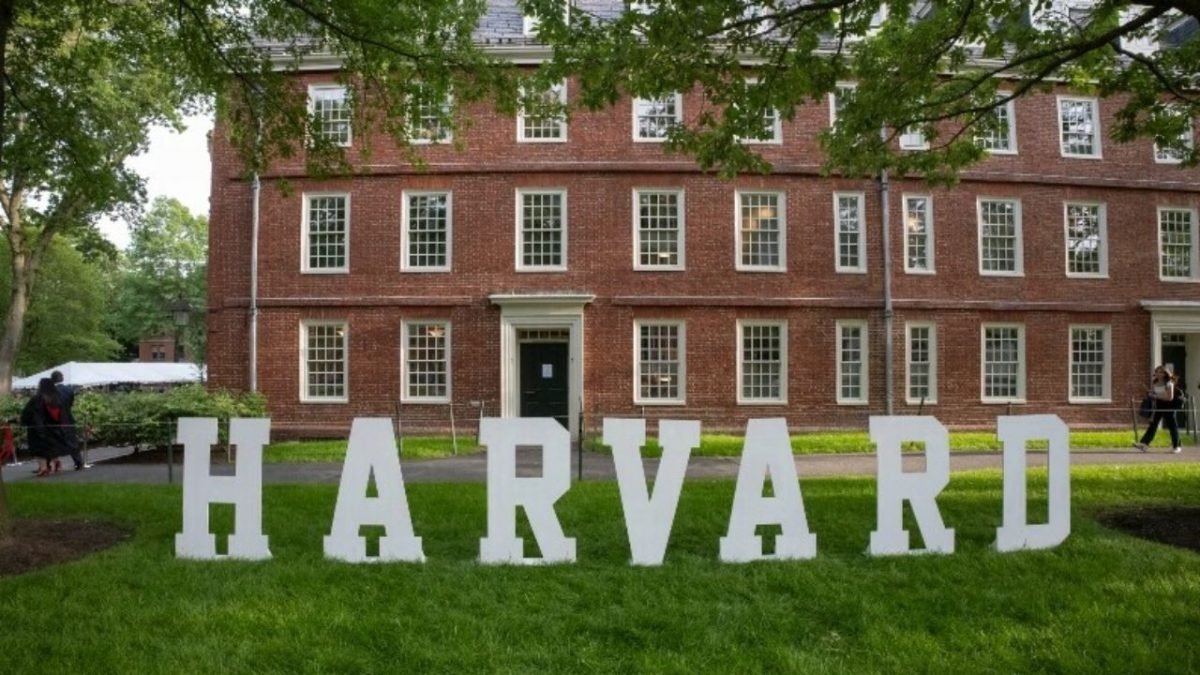Harvard & Toronto Universities join hands to host international students amid Trump's visa blockade
)
Harvard and University of Toronto Collaborate to Aid Students Facing US Visa Restrictions
In a collaborative effort, Harvard University and the University of Toronto have established a partnership to support international students potentially affected by restrictive visa policies implemented during the Trump administration. The initiative, forged between Harvard's John F. Kennedy School of Government and the University of Toronto's Munk School of Global Affairs and Public Policy, aims to provide a pathway for students to continue their studies in Canada should US visa restrictions impede their entry into the United States.
Responding to Shifting US Immigration Landscape
The agreement underscores a growing trend among academic institutions to proactively address the challenges posed by evolving immigration policies and their impact on international students. The partnership offers a tangible solution for students facing uncertainty, ensuring their academic progress remains uninterrupted. While the original impetus stemmed from policies enacted during the Trump administration, the initiative provides a framework adaptable to future shifts in US immigration regulations.
Details of the Collaboration
The specific mechanics of the collaboration involve the University of Toronto hosting Harvard students who encounter visa-related obstacles preventing them from studying in the US. This arrangement allows students to pursue their academic goals within a similar academic environment, minimizing disruption to their educational trajectory. The Munk School of Global Affairs and Public Policy, known for its expertise in international relations and public policy, will provide the necessary academic and administrative support for the visiting students.
Historical Context: Visa Restrictions and International Students
The issue of visa restrictions impacting international students is not new, but it gained significant prominence during the Trump administration. Policies enacted at that time, often citing national security concerns, led to increased scrutiny of visa applications and, in some cases, outright denial of entry for students from specific countries. This created a climate of uncertainty and anxiety within the international student community, prompting universities to explore alternative solutions to safeguard their students' academic pursuits.
Expert Perspective: The Importance of Academic Mobility
Dr. Eleanor Sterling, a professor of International Education at Columbia University Teachers College, highlights the critical importance of academic mobility. "International students contribute significantly to the intellectual and cultural vibrancy of universities," she explains. "Restrictions on their ability to study abroad not only harm individual students but also diminish the quality of education for all. Collaborative initiatives like the one between Harvard and the University of Toronto are vital for preserving the free exchange of ideas and knowledge." Dr. Sterling further notes that such collaborations can also foster stronger international relationships at the institutional level, promoting cross-cultural understanding and cooperation.
Current Landscape and Future Implications
While some Trump-era policies have been modified or reversed, the global political landscape remains dynamic. Geopolitical tensions and evolving national security concerns continue to influence immigration policies worldwide. This makes the Harvard-University of Toronto collaboration a relevant model for other institutions seeking to mitigate the potential disruptions caused by shifting visa regulations. The agreement also highlights the increasing role of universities in advocating for their international student populations and ensuring their access to quality education.
Analytical Viewpoint: A Strategic Response
According to Dr. Amit Prakash, a political analyst specializing in international education policy, the Harvard-Toronto partnership represents a strategic response to a complex and evolving challenge. "This isn't just about accommodating students facing immediate visa issues," he asserts. "It's about building resilience within the international education system. By establishing these kinds of collaborative agreements, universities can demonstrate their commitment to global engagement and attract top talent from around the world, regardless of political uncertainties." He suggests that other universities should consider similar partnerships to create a more robust and adaptable international education ecosystem.
Conclusion
The collaboration between Harvard University and the University of Toronto serves as a noteworthy example of institutional cooperation in the face of evolving immigration policies. By providing a safe haven for students facing visa restrictions, these institutions are not only safeguarding individual academic pursuits but also reinforcing the importance of international academic exchange in a globalized world. The initiative offers a valuable framework for other universities seeking to address the challenges posed by shifting political landscapes and ensure the continued mobility of international students.
Originally sourced from: Firstpost
